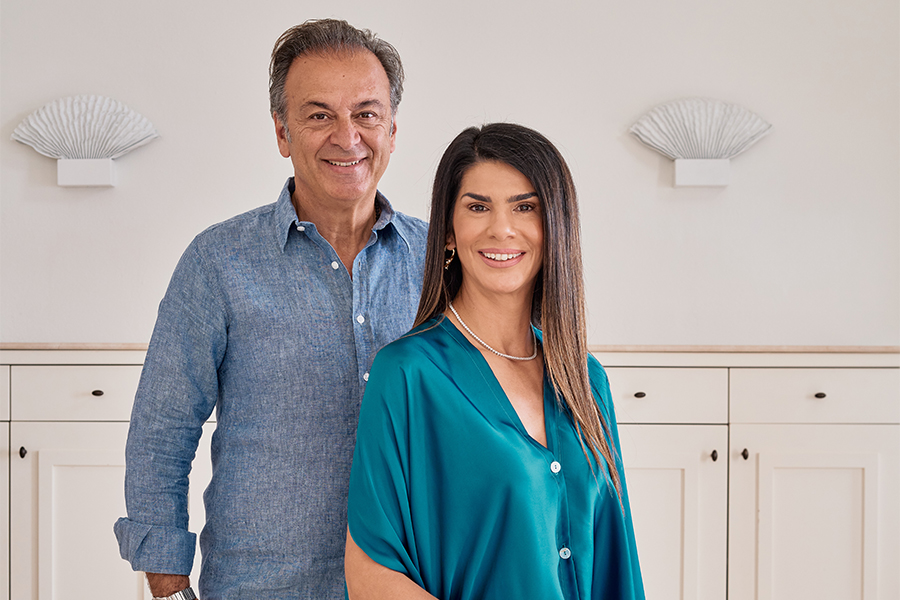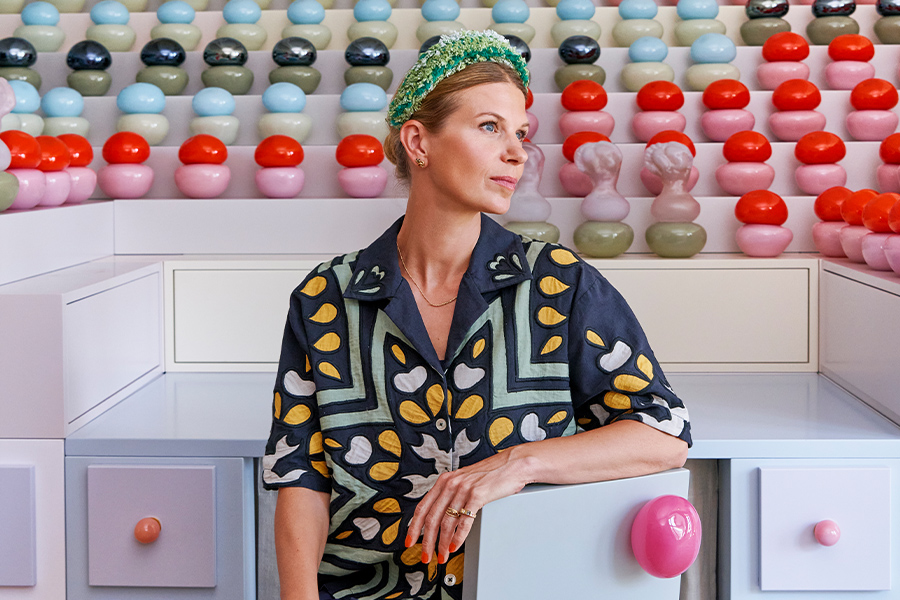As COVID-19 rages on, travelers have experienced a shift in expectations and priorities. Time spent confined to houses and apartments has not only created a desire to escape, but also to reevaluate our relationship with nature.
Enter Seedpod, the low-impact lodging concept that draws upon biomimicry to wrap people in a cocoon either suspended from trees or propped upon the undergrowth to immerse guests in nature. First introduced last year as part of the Heritage Nature Reserve in Bel Ombre, Mauritius, Seedpod was developed and designed by Nomadic Resorts with special technical fabrics and antiviral elements. Led by CEO Louis Thompson, Nomadic is founded on ideals most prescient today. “Our focus is sustainability, wellness, and also more and more adventure tourism and outdoor sports,” Thompson explains. “Those are really good sectors to be in at the moment.”
The growing popularity of these sectors spurred Thompson’s exit from Six Senses Hotels Resorts & Spas, where he previously worked as a project manager and director of green building and sustainable landscaping. Nomadic, which comprises a team spread across the globe, was first conceived when Thompson met Nomadic creative director Olav Bruin during the development of a Rosewood property in Thailand. While collaborating on a treetop dining pod composed of bamboo, the pair bonded over biophilia. “We started to have a conversation like, ‘If you were to do a big organic hospitality project in a similar environment, how would you do it?’” Thompson recalls.
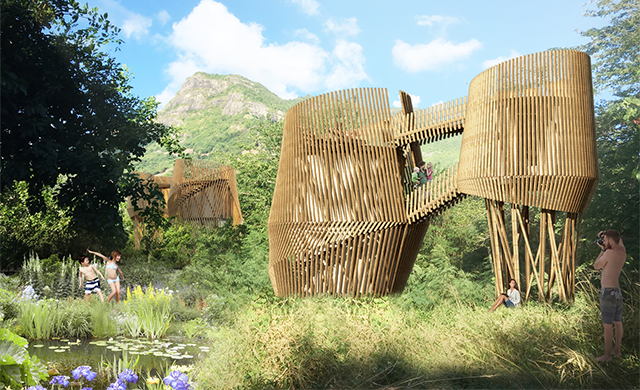
A Mauritius treetop resort concept from Nomadic
As the seed germinated, the pair also tapped consultants from their Six Senses days to contribute to Nomadic projects and ensure the highest standards of sustainability and comfort. “We basically brought these people in as a design collective because we knew they all had a similar environmental ethos and probably a similar aesthetic,” adds Thompson.
Nomadic Resorts now boasts a robust pipeline that ranges from tented lodges in Sri Lanka to an onsen wellness retreat in Taiwan. Each project is also designed with a naturalistic landscaping style complementary to the surrounding nature. In addition to biophilia, Nomadic projects are defined by a vernacular posited as “socially inclusive building concepts,” says Thompson. “What we’re really interested in is creating buildings that integrate into the environment and also that serve as a bridge between people and nature. It’s really about trying to cure some of our social or environmental ills.”
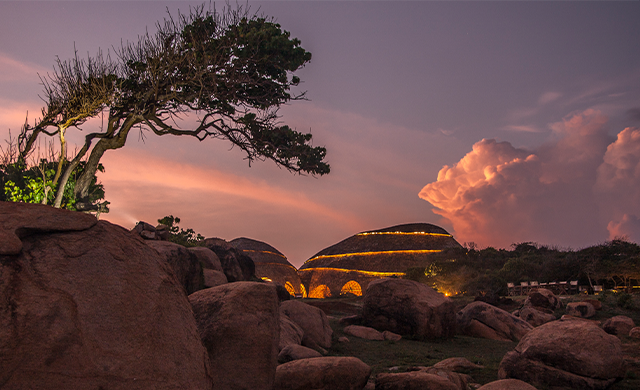
Wild Coast Tented Lodge, a 36-tent safari camp adjacent to Sri Lanka’s Yala National Park
The company continues to work remotely on a handful of projects, also fielding inquiries in parts of Africa and the Middle East. Nomadic’s inaugural U.S. concept, in Utah, is also moving forward as the brand neatly stakes its claim in a hospitality landscape temporarily defined by social distancing. “People want space, air, having been locked up so long,” Thompson says. “That’s where biophilic design comes into play and the effect of biophilic design on human health, which is significant. People are happier.”
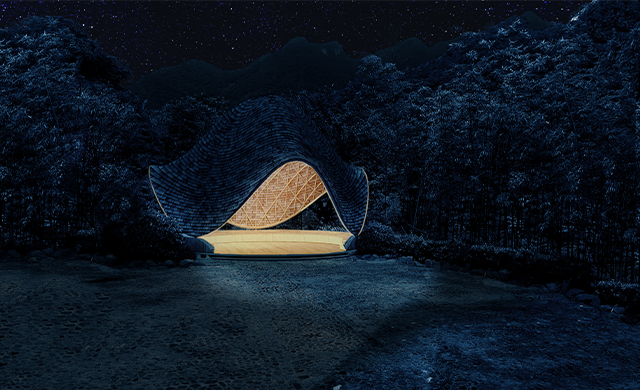
A rendering of the Anji Museum Pavilion in China, inspired by a woven bamboo hat
Images courtesy of Nomadic Resorts
This article originally appeared in HD’s November 2020 issue.

